20 Fascinating Facts About Nigeria
1. Nigeria is located in West Africa on the Gulf of Guinea in the Atlantic Ocean. It is bordered by Chad, Cameroon, and Benin.
2. Nigeria has been inhabited since at least 9000 BC with fossil remains uncovered by archaeologists in the region dated to that period.
3. Nigeria takes its name from the Niger River that flows through the west of the country to the Atlantic Ocean. It comes from a regional phrase “Ni Gir” meaning “River Gir”.
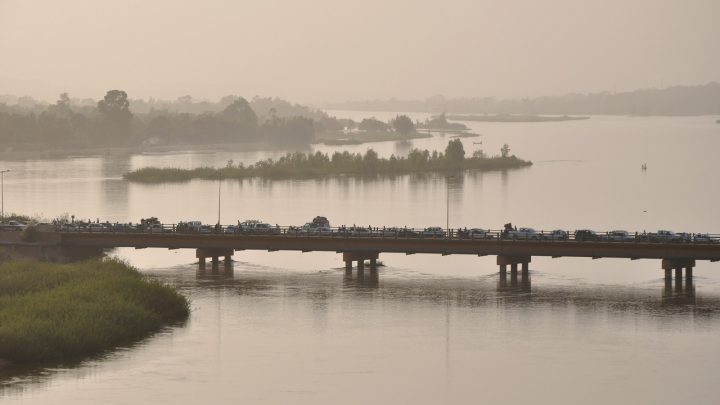
4. Nigeria is Africa’s most populous country and the world’s 6th most populous.
5. Nigeria has seen its population surge from 95 million in 1990 to 201 million in 2019. It is set to double again to more than 400 million by 2050 when it will overtake the US as the world’s third most populous country. By 2100, it is expected to rise to 733 million.
6. From around the 11th century onwards, several city-states, kingdoms, and empires were formed in Nigeria including the Hausa kingdoms and Borno dynasty in the north and the Oyo and Benin kingdoms in the south.
7. Nigeria has a vertically striped green-white-green flag. The green stands for agriculture and the white for unity and peace.
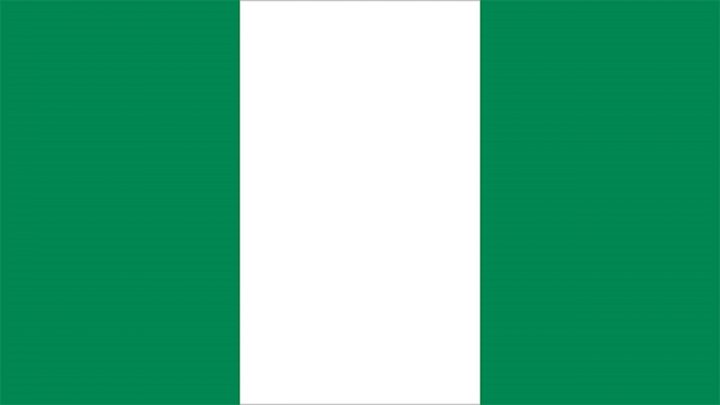
8. Between the 16th and 19th centuries, the transatlantic slave trade saw thousands – possibly millions – of Nigerians forcibly sent to the Americas.
9. As well as the five major languages, over 500 additional indigenous languages are spoken in Nigeria.
10. Nigeria is home to Aliko Dangote, Africa’s richest man. With a net worth of over $17 billion in 2021, Dangote owns Dangote Cement, the continent’s largest cement producer.
11. Benin City in Nigeria was the center of the Benin kingdom. Beginning in the 15th century, the kingdom gave rise to the first internationally recognized African art form known as the ‘Benin Bronzes’ (elaborately decorated brass and bronze sculptures).
12. In 1897, the city was destroyed by the British, and its treasures were stolen. The majority of those treasures remain locked in the British Museum in London.
13. From 1861, Nigeria was part of the British Empire and was known as the Colony and Protectorate of Nigeria from 1861-1914.
14. In 1960, Nigeria gained complete independence, with Prime Minister Sir Abubakar Tafawa Balewa as its first leader.
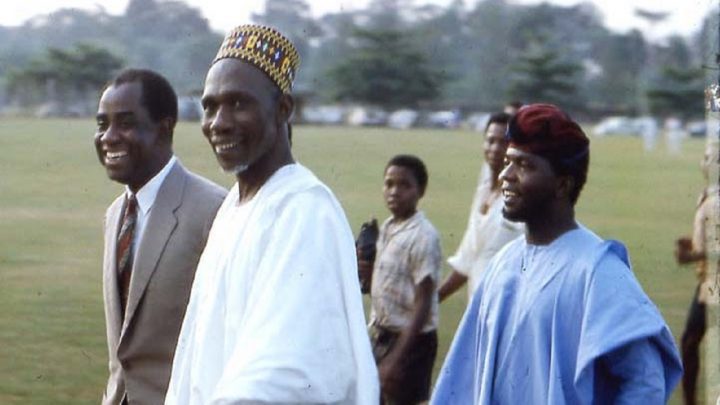
15. From 1967 to 1970, the Nigerian Civil War (also known as the Biafran War) was fought between the Nigerian government and the secessionist state of Biafra. At its height, up to 12,000 people, a day were dying from starvation. An estimated 1-3 million people were killed during the conflict.
16. Until 1991 Lagos, Nigeria’s largest city in Nigeria, was also its capital. Nigeria moved its capital to the planned city of Abuja in 1991 as Abuja was more centrally located, more politically and ethnically neutral, and less congested.
17. Lagos is also Africa’s largest city. In 2012, the population of Lagos surpassed Egypt’s Cairo in size. Its population is estimated to be at least 21 million.
18. The Nigerian film industry is known as Nollywood as it produces around 50 movies per week, second only to India’s Bollywood and more than the USA’s Hollywood. It is also Nigeria’s country’s second-largest employer with more than a million people employed in the industry.
19. The Nigerian town of Igbo Ora is known as the “twins capital of the world” as around 50 sets of twins are born out of every 1,000 births – one of the highest rates of twin births in the world.
20. As of 2020, Nigeria has the largest economy in Africa with an annual GDP of $476 billion.
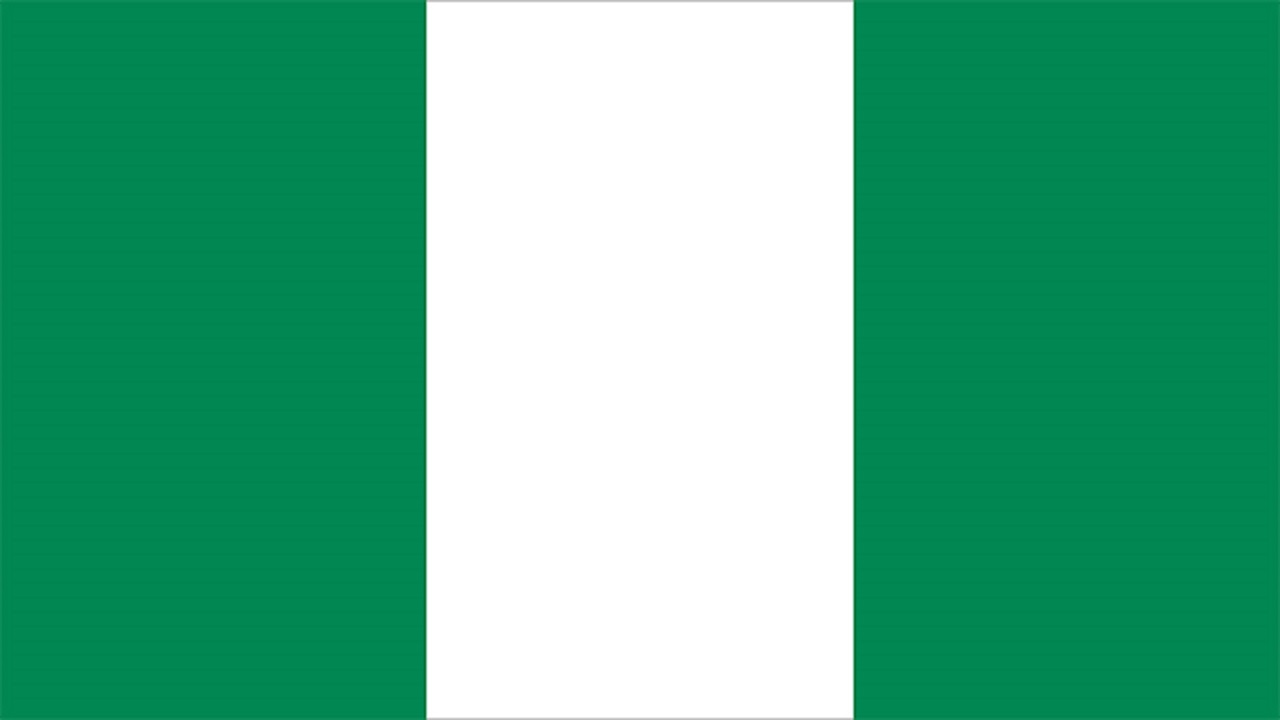
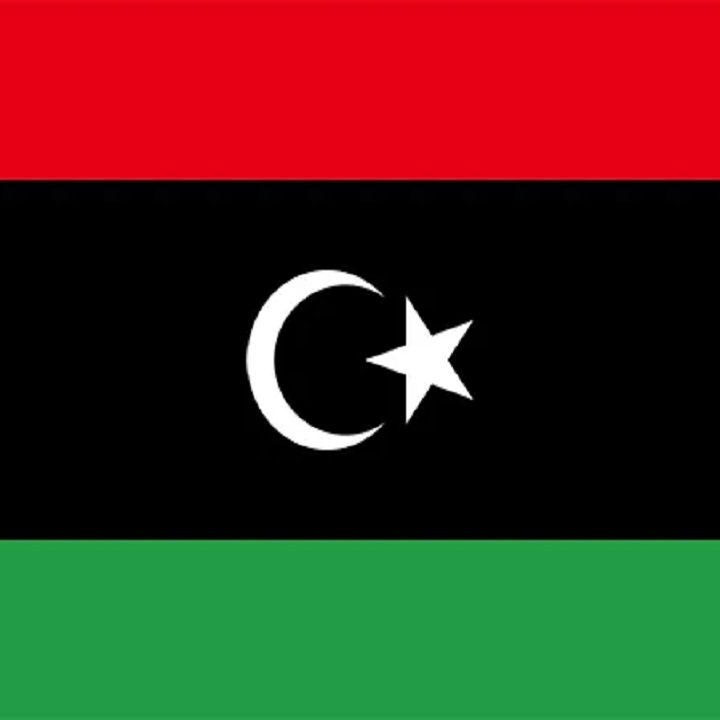
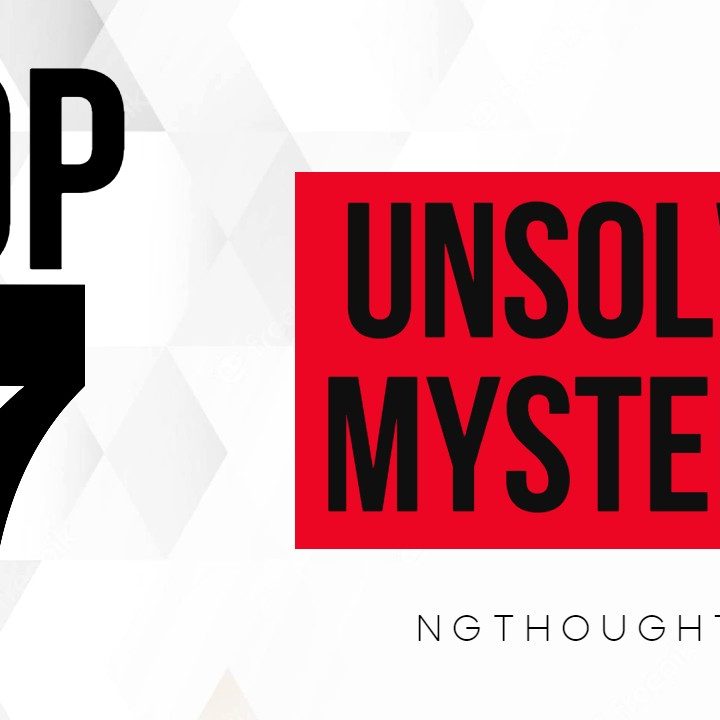
Hey very nice blog!
Feel free to visit my blog post – facebook vs eharmony to find love online
Your commitment to sustainability is commendable! The eco-friendly tips you share are practical and make a real difference. Let’s all strive for a greener future.
Your recipe turned my kitchen into a culinary haven! The flavors and presentation were exquisite. You’ve elevated home cooking to an art form.
I’m not sure exactly why but this weblog is loading extremely slow for me.
Is anyone else having this issue or is it a problem on my end?
I’ll check back later on and see if the problem still
exists.
Also visit my web site; eharmony special coupon code 2024
Its like you read my mind! You seem to know a lot about this, like you wrote the book in it or something.
I think that you can do with some pics to drive the message home a bit, but
other than that, this is wonderful blog. A great read.
I will certainly be back.
Review my web site … nordvpn special coupon code
Hi,Check out [www.dramago.live] for all your favorite Korean series. They have a huge variety of the latest and popular dramas you can watch anytime on any device.Thanks!
Hi,Check out [www.dramago.live] for all your favorite Korean series. They have a huge variety of the latest and popular dramas you can watch anytime on any device.Thanks!
Hi,Check outhttps://sites.google.com/d/1LZ5xqiGyyGneC2ELnm2vfh72L607ibpx/p/1ikhzqis3KR7V6QSgT_hDBZizKzcxLagc/edit for all your favorite series.
Hi,Check out [www.dramago.live] for all your favorite Korean series. They have a huge variety of the latest and popular dramas you can watch anytime on any device.Thanks!
آموزش خصوصی سئو توسط کیوان هجرتی
آیا چک برگشتی زندان دارد؟ – رضا عبدالمحمد https://lawyerrezaabdolmohammad.com/blog/does-prison-have-return-check/
مهاجرت تحصیلی دانش آموزان به آمریکا https://lawyerrezaabdolmohammad.com/blog/schools-in-usa-immigration/
As a Newbie, I am continuously exploring online for articles that can be of assistance to me.
My website: russkoeporno365
Your fitness tips are always on point. The workout routine you shared has become a staple in my weekly schedule. Find more health and fitness tips at [Asian Drama](https://asiandrama.live/?utm_source=google&utm_medium=search&utm_campaign=promotion).
Very good post.Really looking forward to read more. Great.
My website: частное порно